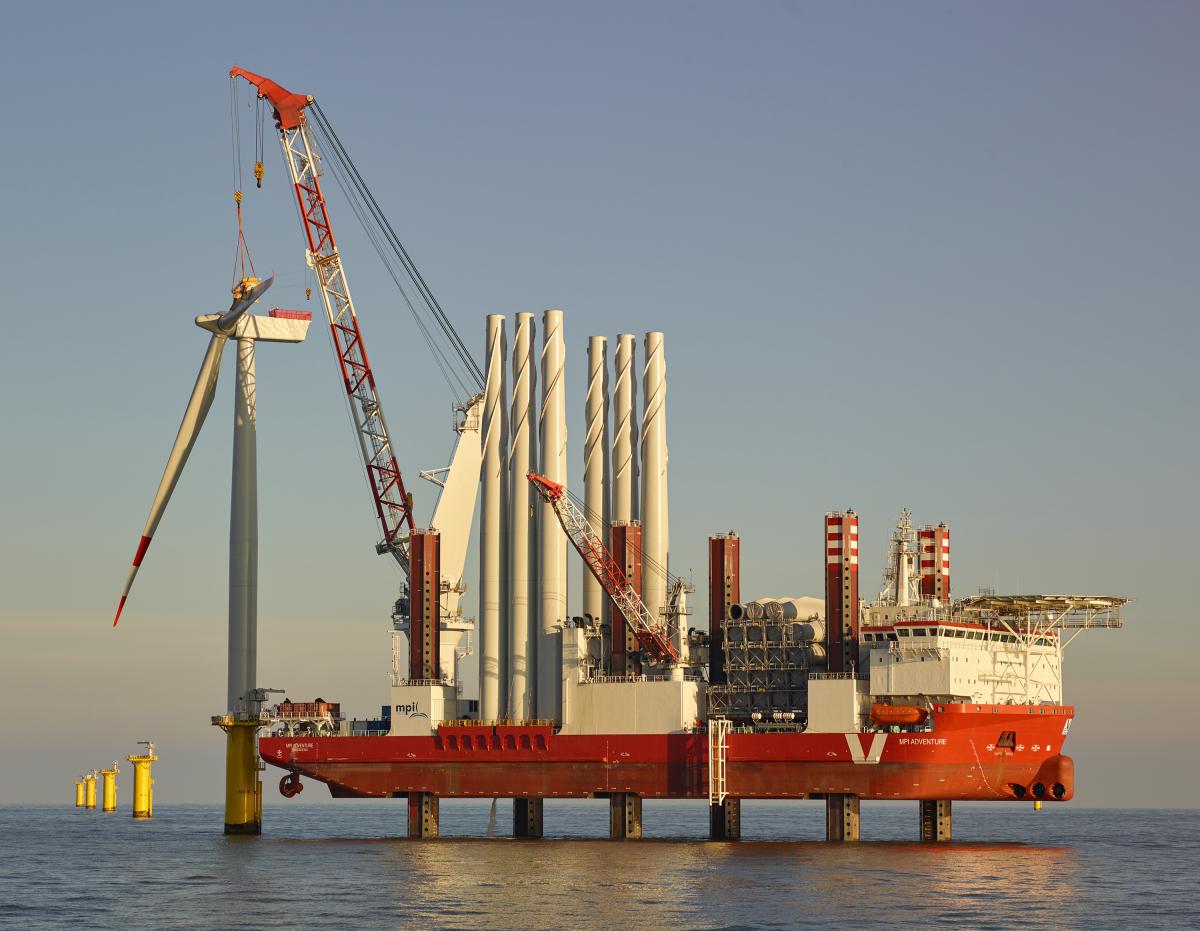In the media: New offshore planning solutions
WirtschaftsWoche
“Good solution for new energy”
The German state could become responsible for offshore scoping and measuring activities if future wind parks in the sea are paid via a tender system, writes Christian Schlesiger in the WirtschaftsWoche. Once the state has conducted wind, environment, shipping and ground surveys for an area, wind park developers would then bid for building and operating the turbines which would include the costs of the scoping mission, Schlesiger explains. Denmark already uses the model and it is a good solution to make sure that building offshore wind projects and grid connections are synchronised better, Schlesiger says. This also makes the power cheaper for the consumer, he argues.
For a global comparison of offshore wind projects, see today’s Carbon Brief chart below:
taz
“Watch out, energy barriers!”
Making Germany’s energy transition into an export hit sounds like a brilliant idea, writes Bernhard Pötter in a column for the taz. Unfortunately it turns out that other countries, for example France and Greece, have no intention to simply copy the Energiewende. No serious group or party in France supports the exit from nuclear power or the development of renewables. The population also opposes wind parks amid fears of higher power costs. And no investor would build renewable plants in Greece because making them worthwhile requires a complex system of power distribution and payment schemes – without any corruption, Pötter says. In order to have a bona fide energy revolution it needs “a strong green movement and secure majorities in parliament and a lot of eco-nutters will work towards this goal relentlessly for decades”, Pötter concludes.
Read the column in German here.
Energytransition.de
“Evidence that the cost debate is over”
When looking at the breakdown of the renewable energy surcharge (the levy paid by households on power bills to pay for renewable energy) it becomes clear that it isn’t the feed-in tariff for renewables that is the main cost-driver in the surcharge, Craig Morris writes on energytransition.de. The whole debate about the Energiewende raising power costs was an artificial one from the beginning, Morris says. It was launched by environment minister Peter Altmaier in 2012 and picked up by metal and electronics sector lobby group INSM, writes Morris. But it was never a general concern among the public. By 2014 it was known that the renewable surcharge would fall slightly in 2015, now there is fleeting interest in the issue, Morris says.
Read the blog-post in English here.
Bloomberg Business
“Four lessons Obama should learn from Merkel’s energy revolution”
US president Barack Obama should look to the issues faced by Germany to learn how to ditch fossil fuels and nuclear energy in favour of renewables, writes Stefan Nicola for Bloomberg Business. The Energiewende process has not gone smoothly and the US would benefit from examining the political, practical and economic problems Germany faces, he writes. For example, Merkel moved to modernise the power grid before the risk of an outage increased. Germany is investing 21 billion euros on an electricity superhighway that will link wind farms in the North Sea to factories in the south. Obama should also take note of the thousands of people in Germany protesting against the grid superhighway, which has delayed work, Nicola says. And beware the unwanted side-effects of a huge energy transition: Following Germany’s closure of its eight oldest atomic reactors in 2011, pollution increased as coal stepped in to fill a supply gap.
See the article here.
Der Tagesspiegel
“Regional flexibility markets: an indispensable component for a future power market design”
Regional distribution grids are responsible for taking up 97 percent of renewable power produced in wind farms and small photovoltaic installations, says Hans Heinz Zimmer, chairman of the Association for Electrical, Electronic & Information Technologies (VDE) in an opinion piece in Der Tagesspiegel. In order to integrate renewables better into the grid, the VDE suggests changing the grid priority for renewables to a strict merit order mechanism for all power sources. They also propose regional flexibility markets that would allow distribution grid operators to use local storage or other system-stabilising facilities to keep the grid stable.
Read the op-ed in German here.
IASS Policy Brief
“The Innovation Fund as a Complementary Financing Model for Renewables”
Renewable energy technologies and the expansion of renewables capacity in Germany are currently financed by power consumers. In a study for the Institute for Advanced Sustainability Studies (IASS), Klaus Töpfer and Patrick Matschoss argue that the energy transition needs a broader financing basis. Renewables technology development should therefore be funded separately from a Renewable Energy Fund (EEG-Fonds).
Read the policy brief in English here.



